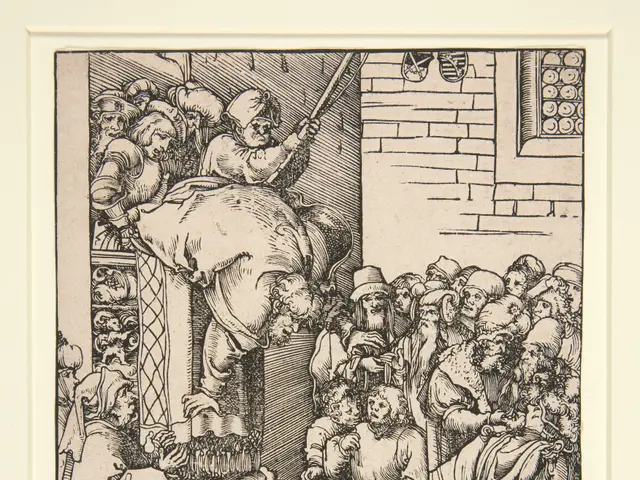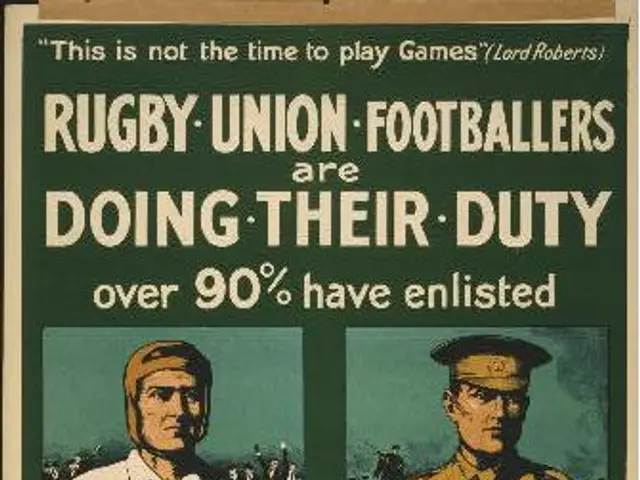How Caspar von Schrenck-Notzing redefined German conservatism with bold ideas
Caspar von Schrenck-Notzing, a prominent German conservative, made significant impacts on the political landscape. In 1964, he became one of the first Germans to join the Philadelphia Society. His views, including a belief in a 'fourth party' and a focus on 'metapolitics', shaped his influential magazine Criticón.
Schrenck-Notzing's political journey began with a personal affront. Thomas Mann's criticism of his grandfather led him to label Mann a left-wing, bourgeois antifascist. Seeking to establish forces right of the Christian Democratic Union, he believed Germany needed a 'fourth party' alongside the CDU, SPD, and FDP.
His views on conservatism were unique. He defined it as an anthropological position, emphasizing decision, discernment, recognition of emergencies, and the primacy of ideas over interests. He rejected labels like 'New Right' and distanced himself from historical revisionism. Instead, he saw the key to conservative success in 'metapolitics', inspired by Antonio Gramsci.
Schrenck-Notzing's prominence grew with his 1965 book, 'Character Assassination'. This work critiqued the U.S. occupiers' 're-education' process after World War II. Despite his conservative views, he held no anti-American sentiments, as evidenced by his early membership in the Philadelphia Society.
Caspar von Schrenck-Notzing's legacy lies in his influential magazine Criticón and his book 'Character Assassination'. His views on conservatism and 'metapolitics' continue to shape German political thought. Despite personal grievances, his political stance was nuanced and far-reaching.







